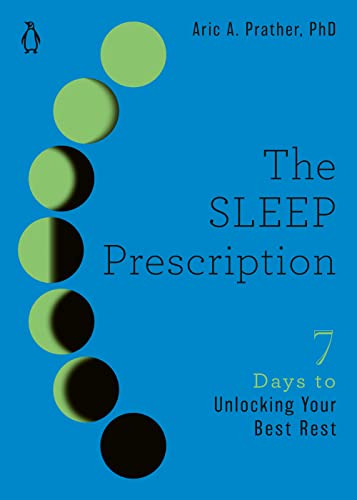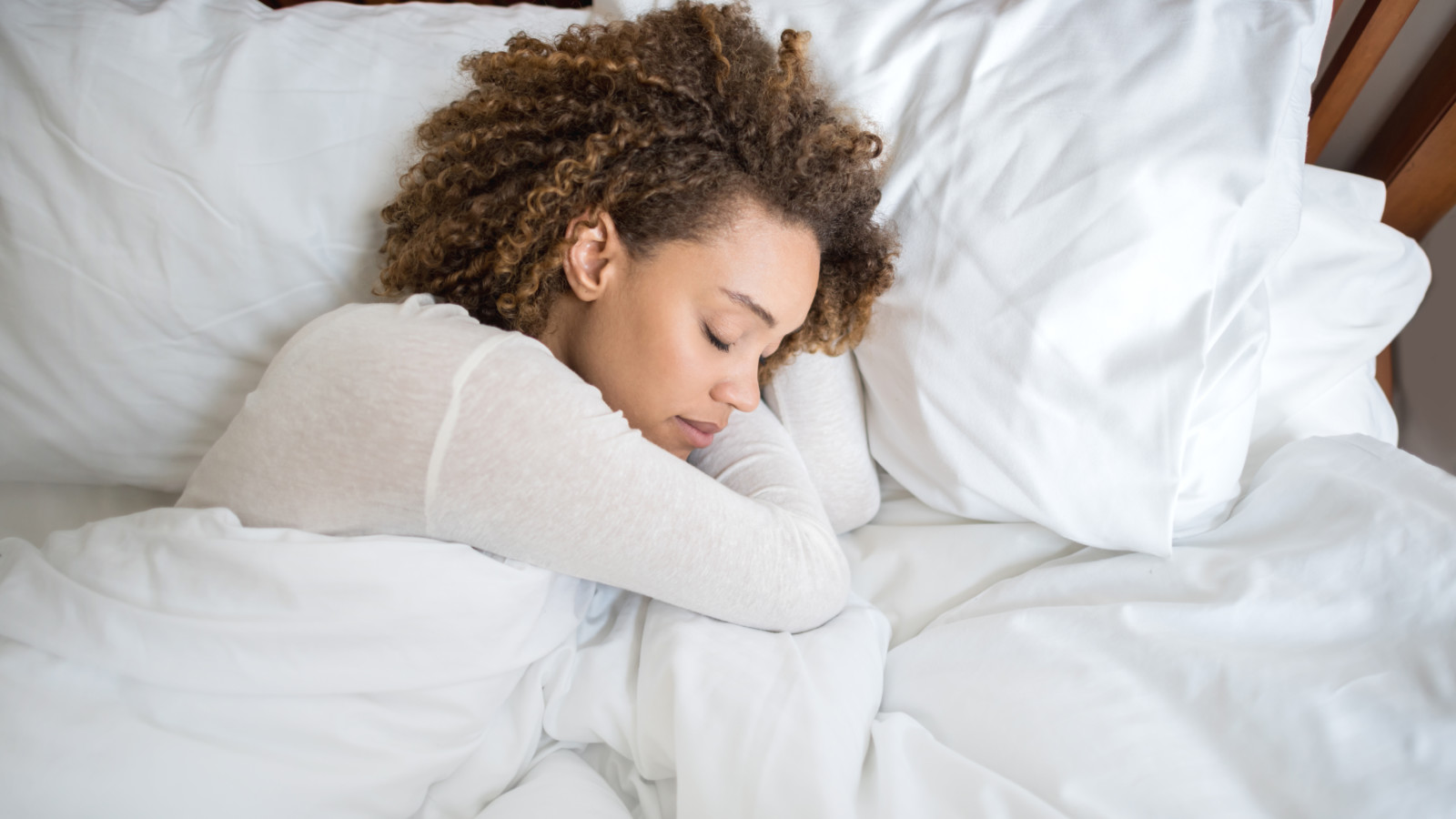Most of us never wonder how sleep works until it stops working. I didn’t think much about sleep (other than the fact that I could have used more of it) until I was in graduate school, training as a clinical-health psychologist, studying how psychological and behavioral factors, like stress and sleep, impact the immune system. Originally, my work focused on identifying factors that predict how people respond to vaccines. Vaccinations are critical in the prevention of disease, and while they are on the whole effective, we don’t all mount the same level of protection to the same vaccine. I wanted to understand how things like mood, stress, sleep, and other factors predicted people’s immune response, in this case to a hepatitis B vaccination. The more research I did, the more one thing became crystal clear: Insufficient sleep affected the kind of response people had to the vaccination. People who got less sleep were less able to build the antibodies that would protect against hepB1 .
We’ve since found the same is true for people who get the flu vaccine. Even more astounding, when we brought people into the lab and shot a live cold virus into their nose, people who typically get fewer than six hours of sleep per night were four times more likely to develop a cold than those who usually sleep more than seven hours per night. Everyone in the study had the exact same level of exposure to the cold-causing virus—but they had vastly different immune responses. Sleep was the factor that somehow conferred a strong level of protection.
There’s a lot about our lives and our health we can’t control. But sleep is one of the areas where we can see a huge transformation with a few concrete changes. It turns out that improving our sleep can lead to improvements in many other aspects of our life, including how we feel, what we eat, how we learn, and how we react to others during the day, things that are often harder for us to change on our own. When we sleep better we feel better, we’re more creative and engaging, have more energy to engage in exercise, and have a greater tendency to pile our plates with healthy foods and colorful fruits and veggies. When you sleep better, your whole life improves, creating a foundation for health and well-being. As one former patient told me, “You gave me my sleep back, and it changed my life.”
Today, I spend most of my time at UCSF, carrying out clinical research to better understand how and why sleep is so critical for health. I have the privilege of serving as a clinician in our UCSF insomnia clinic, where we implement cognitive behavioral therapy for insomnia (CBTI), which comprises a set of empirically validated treatments to promote long-lasting restorative sleep. I’ve treated hundreds upon hundreds of people desperate for a good night’s sleep—a few of their stories appear in this book— and my enchantment with sleep has only grown stronger. While each person’s specific sleep challenge and cure is unique, a major theme runs through my work. For most of us who have trouble sleeping, the root of the problem can usually be traced to behaviors and decisions that make sense in the short term, but end up undermining how sleep works naturally.
Anyone worried about a high-stakes exam or a crumbling relationship or ailing loved one would probably agree that when you’re stressed out, you don’t sleep as well. And anyone up all night with a baby, a deadline, a nightmare, or a bout of anxiety knows that when we don’t sleep well, we’re more sensitive to stress during the day. Little problems feel like big ones. The point here is that our sleep and mood and levels of daily stress all influence one another. Targeting one piece of the cycle automatically helps the other two. So if we improve our sleep, we also give ourselves a greater chance of feeling better and having the coping resources to deal with the slings and arrows of the day. And the better we feel and the more coping resources we have during the day, the better we are able to drift off to sleep.
But it isn’t just stress or worry that gets in the way of sleep. Sometimes sleep is related to other physical or mental health conditions. When one patient started treatment at our clinic, her chronic back pain was keeping her up much of the night. Pain stopped her from sleeping; fragmented and interrupted sleep made the pain worse. When we get less sleep, it decreases our pain threshold. Sleep can’t erase pain completely—but it can turn down the volume. And being better rested improves our physical and mental resources for dealing with pain, which in turn gives us greater confidence in our capacity to heal. For this patient, healthy sleep wasn’t just about getting better rest— it was also about enhancing her ability to heal her body, and giving her enough energy and optimism to help her stay mentally healthy as well. When we don’t sleep, the world not only feels worse, it looks worse: we have more of a negative filter and fewer cognitive and emotional resources. Even the most minor stressors can throw us for a loop when we are short on sleep.
Sleep often ends up being the last thing on our to-do list. Really, it should be the first. It’s an “essential nutrient” that we all need for health, longevity, and vitality, and it’s not one we all have equal access to.



